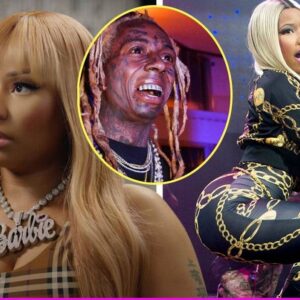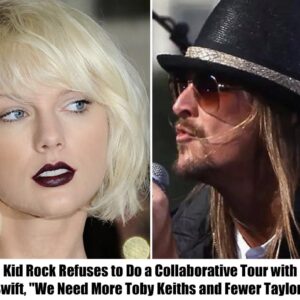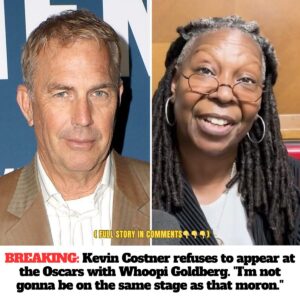In an era where corporate brands are increasingly attempting to align themselves with social and political causes, the intersection of marketing and activism has never been more prominent.
Companies often seek to champion various movements and ideologies to resonate with a diverse and conscious consumer base. However, not every individual is willing to lend their name and reputation to these campaigns, even when lucrative offers are on the table. One such individual who recently made headlines for declining a substantial offer is Riley Gaines, a rising star in the world of sports.
The story of Riley Gaines and her decision to decline a $5 million Bud Light offer has brought to the forefront the complexities of celebrity endorsements, brand activism, and the personal convictions that can drive such decisions.
In this article, we will delve into the circumstances surrounding Gaines’s refusal and the broader implications it has for the world of advertising, brand engagement, and social consciousness.

Before we delve into Gaines’s bold decision, let’s take a moment to understand who she is and how she reached this juncture in her career.
Riley Gaines is a name that’s been making waves in the world of sports for the past few years. Born in a small town in Kentucky, she exhibited a natural talent for swimming from a young age. Her journey from a local swimming pool to the global stage is the stuff of dreams for aspiring athletes. Gaines’s dedication, hard work, and exceptional talent have seen her rise through the ranks, ultimately earning her a spot on the U.S. National Swimming Team.
At just 22 years old, Gaines is already a World Champion and an Olympic gold medalist. Her success has not only earned her recognition in the world of sports but also garnered her a substantial following on social media. With her youth, athleticism, and charisma, Gaines represents the epitome of modern sports stars who are celebrated not only for their skills but also for their influence off the field.
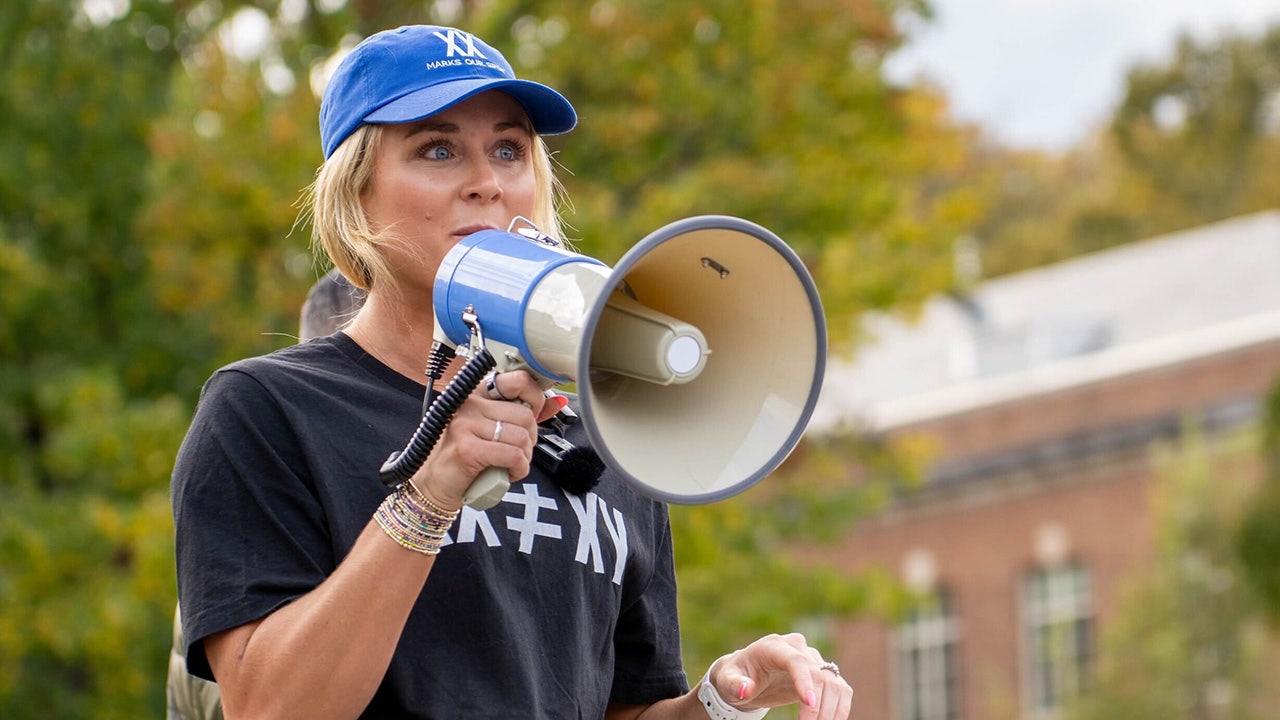
In the world of sports, endorsements are a common way for athletes to supplement their income. Companies often seek athletes to endorse their products, leveraging the athlete’s star power to promote their brand. Riley Gaines was no exception to this trend. With her growing popularity, she attracted the attention of major brands looking for an influential figure to represent their products.
One such brand that approached Gaines with an offer was Bud Light, a well-known American beer brand owned by Anheuser-Busch. The offer reportedly amounted to a staggering $5 million for a multi-year endorsement deal. To many, this would seem like a dream come true, a financial windfall that could set Gaines up for life.
However, what Gaines did next was unexpected. She publicly declined the offer, and her reason for doing so struck a chord with many.
Riley Gaines took to her social media platforms to announce her decision regarding the Bud Light offer. In a heartfelt and candid post, she explained her reasons for declining the multimillion-dollar deal.
“It’s not about the money,” Gaines began, addressing her fans and followers. “I’ve been blessed beyond my wildest dreams with the opportunities that swimming has brought me. But I can’t, in good conscience, lend my name to a brand that’s trying to co-opt social justice movements and activism for their own gain.”
Gaines’s statement drew attention to the increasingly prevalent phenomenon of “brand activism,” where companies align themselves with social or political causes to appear more socially conscious or “woke.” While some may see this as a positive step toward corporate responsibility, others view it as opportunistic and disingenuous.
She went on to criticize Bud Light’s recent marketing campaigns, which had prominently featured slogans and imagery associated with social justice movements and progressive values. Gaines argued that such campaigns were merely attempts to pander to a socially conscious consumer base without genuine commitment to the causes they claimed to support.
“Authenticity matters,” Gaines emphasized in her post. “I’m not saving your woke brand.”
As expected, Gaines’s decision did not go unnoticed. It ignited a firestorm of reactions across social media and in the broader public discourse. Supporters applauded her for taking a principled stand against what they perceived as corporate virtue signaling, while others criticized her for potentially passing up a life-changing financial opportunity.
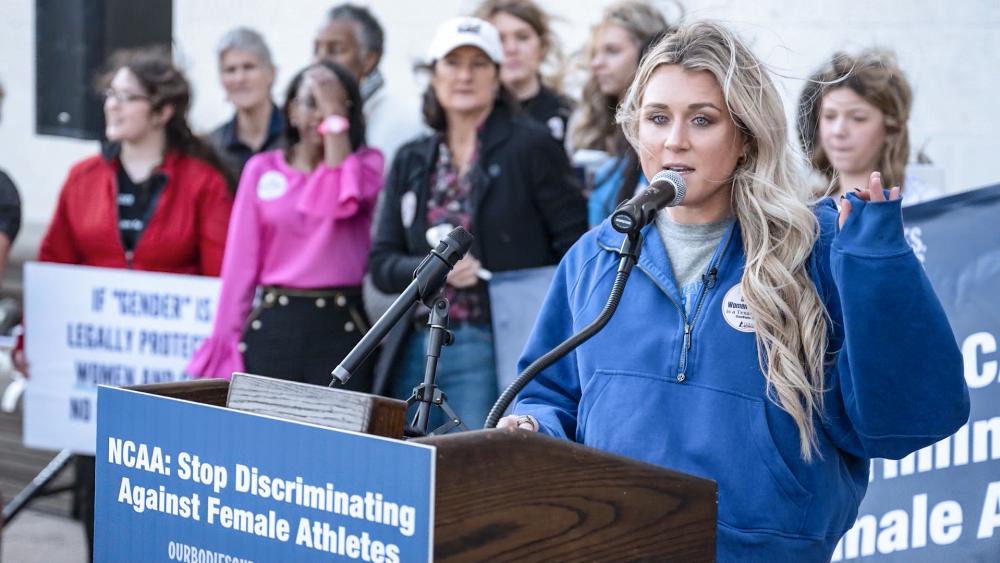
On one side of the spectrum, there were those who admired Gaines for her integrity and refusal to be used as a marketing tool. Many praised her for prioritizing her values over financial gain in an era when it often seems that celebrities and athletes are willing to endorse anything for a hefty paycheck.
Conversely, there were those who accused Gaines of being naive and missing an opportunity to make a significant impact with her earnings. Some argued that by partnering with Bud Light, she could have used her platform to influence the company positively and promote genuine change from within.
Riley Gaines’s decision to decline the Bud Light offer raises several important questions about the role of celebrities, athletes, and influencers in shaping the landscape of corporate social responsibility and brand activism.
Gaines’s refusal highlights the tension between authenticity and opportunism in the world of brand endorsements. As companies increasingly seek to align themselves with social causes, celebrities face a choice between genuine alignment with their values and merely cashing in on activism for profit.

It underscores the immense power of influencers and celebrities in shaping public perceptions. Celebrities like Gaines possess the ability to amplify messages and causes, making their choices in endorsements a matter of significant societal impact.
The incident also underscores the growing skepticism among consumers regarding brand motives. In an era of heightened social and political awareness, consumers are scrutinizing corporate actions more than ever before, demanding authenticity and accountability.
The Future of Brand Activism: Gaines’s decision prompts a reevaluation of the trajectory of brand activism. Companies will need to consider whether their efforts are perceived as genuine or as marketing ploys, as well as the potential backlash from consumers and influencers.
Riley Gaines’s decision to decline the $5 million Bud Light offer may have been a personal one, but it has reverberated far beyond her individual circumstances. It has ignited a conversation about the responsibilities and choices that influencers, athletes, and celebrities face in the era of brand activism.
As the public becomes increasingly discerning and critical of corporate actions, companies will need to navigate the delicate balance between genuine social responsibility and opportunistic marketing. The power of influencers like Riley Gaines in shaping public opinion and holding brands accountable cannot be underestimated.
In the end, whether Gaines’s decision will lead to a shift in how companies approach brand activism remains to be seen. What is clear is that the world is watching, and authenticity is the currency that matters most in this evolving landscape of marketing and social consciousness.
News
Nicki Minaj Admitted Lil Wayne’s Jokes About Her Body Led Her to Get Butt Injections
Nicki Minaj has had rumors flying about her rear end for years. She admitted that she’s gotten work done on her butt, but her desire to change…
Breakthrough: Elon Musk invests $1 billion in Mel Gibson and Mark Wahlberg’s new NON-WOKE Movies Studio
In a surprising turn of events, billionaire entrepreneur Elon Musk has announced a substantial investment of $1 billion in a new film production venture led by Hollywood…
BREAKING: Roseanne Barr Joins Forces Non-Woke Production Studio
BREAKING: Roseanne Barr Joins Forces Non-Woke Production Studio In an unexpected move that has sent ripples through Hollywood, comedic icon Roseanne Barr has announced her collaboration with…
Breaking: Mel Gibson’s New Non-Woke Film Studio Will See James Woods Join Him After He Leaves Hollywood
The entertainment world has been shaken by the official announcement that legendary actor James Woods is joining Mel Gibson’s brand-new, non-woke film company in Hollywood. With this…
Breaking: Kid Rock Says “We Need More Toby Keiths and Fewer Taylor Swifts” and Refuses to Join Taylor Swift on a Collaborative Tour.
Breaking: Kid Rock Says “We Need More Toby Keiths and Fewer Taylor Swifts” and Refuses to Join Taylor Swift on a Collaborative Tour. In a music business…
Kevin Costner refuses to appear at the Oscars with Whoopi Goldberg. “I’m not gonna be on the same stage as that moron.”
Kevin Costner refuses to appear at the Oscars with Whoopi Goldberg. “I’m not gonna be on the same stage as that moron.” There was some turmoil at…
End of content
No more pages to load
